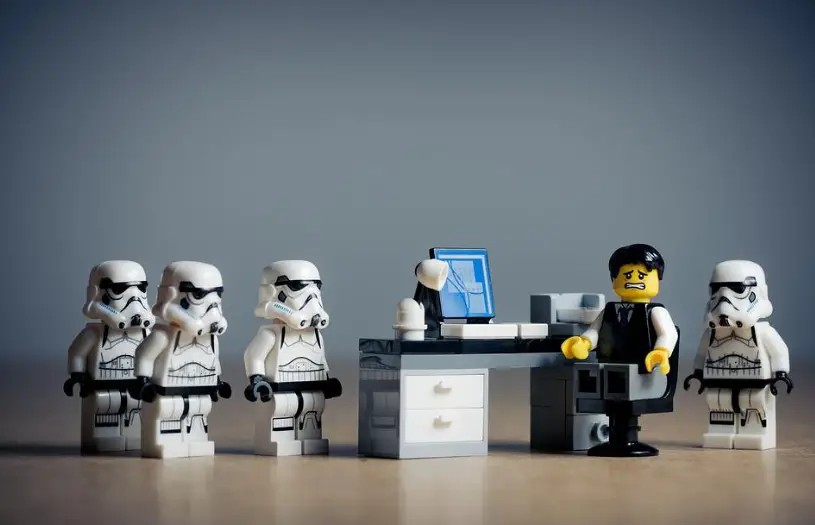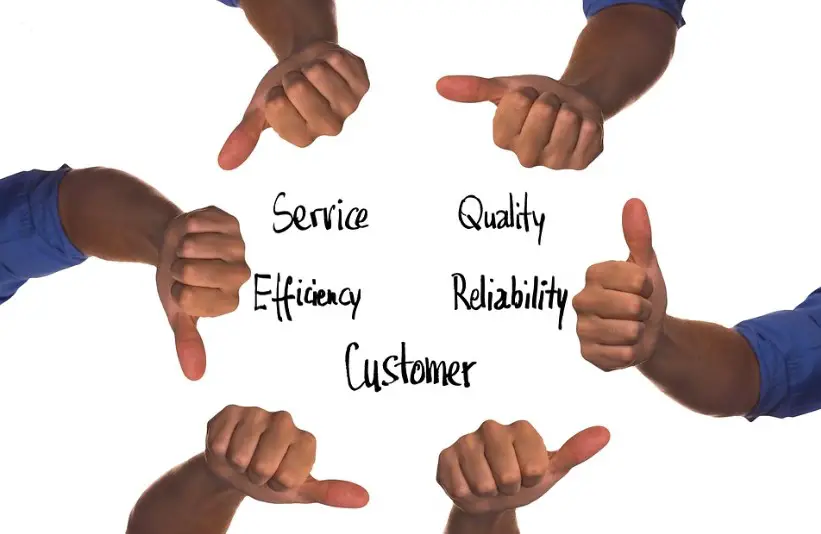
As you’ll see, the issue is not whether you need a CRM but rather what CRM platform would be most beneficial for you. While you definitely desire the typical features, explore some current fashions that are raising the bar:
- Intelligence generated artificially
In a CRM, Intelligence may be used to tag communications subjects to find insights more quickly. Besides, it helps to provide your marketing or sales teams the ability to search for particular keywords within those encounters to customize the consumer experience.
This feature can be used by machine learning. It helps to predict lead scoring so that you can concentrate your efforts on people who are likely to become clients.
- Voice technology
With tone, your employees can work even more quickly because they don’t have to search through your system for accounts or connections before entering data. While everything is still fresh in their minds or while they are actively conversing, they may take thoughts more quickly.
- Internet of Things
You can stay competitive with the help of the Internet of Things (IoT). By integrating this technology with a CRM, the software can identify problems before a customer does and will immediately create a support ticket for your team to address.
IoT also improves the consumer experience by predicting what a client needs and immediately providing suggestions when the customer searches for them.
- Use of social media
The way firm function has changed as a result of social media. You can monitor industry trends and product mentions using management software, allowing you to take part in dialogues and determine whatever customers want. To increase the possibility of converting them into clients, you should also integrate them with your CRM so that any interactions made through those channels are filed and categorized within your data.
- Self-Service
More and more consumers are opting to solve their own problems. It’s the reason that data sources, YouTube videos, and Googling exist. Clients who use CRMs with self-service options have the option of solving some of their problems by asking some questions and getting a list of pertinent resources to look over.
Customers can obtain solutions more fast thanks to this, and it frees your personnel from needing to respond to a call and mails all the time so they can concentrate on more challenging tasks.
- Cellular CRM
The workforce around the globe is stretching out even more. Cloud-based solutions have gained popularity because of their accessibility and the way they make cooperation possible since this movement started. Nevertheless, mobility CRM (which enables usage of CRM functions from every smart phone) offers even more independence and flexibility for working from everywhere. Your team can use click-to-call capabilities to connect with clients or colleagues, check for data updates in live time, and send files as quickly as somebody else requests them.
- Compact Tools
Whenever two different business apps provided the same tools in the past, you would just pay for both of them since you required the software. The result would be duplicating data. However, as CRMs get more advanced, apps and CRMs may communicate with others (instead of being synced in a one-way fashion), eliminating duplication of effort between departments.
- Enhanced Client Interaction
Customers want task finished as rapidly as feasible. Newer CRMs will have help desks that automatically close tickets or provide timely recommendations. Additionally, more recent CRM capabilities can advise sales representatives as to how to better serve a customer’s demands. It pretty much predicts what the client wants before they can do.
- More Connectivity
The ability to store all information in a centralized spot is key to a CRM’s effectiveness. It’s the only way to operate efficiently and ensure that customer care, advertising, and sales have access to all the information they require to offer the best quality service. CRM systems will thus continue to provide more comprehensive connections.

